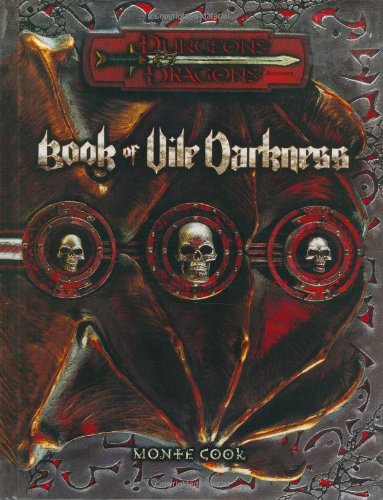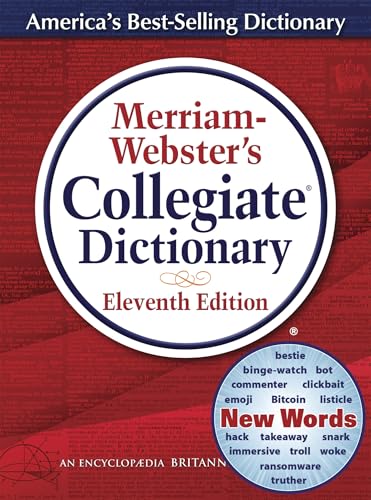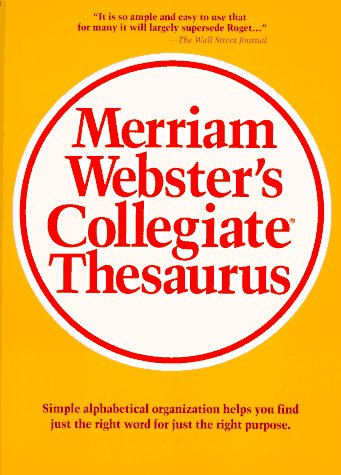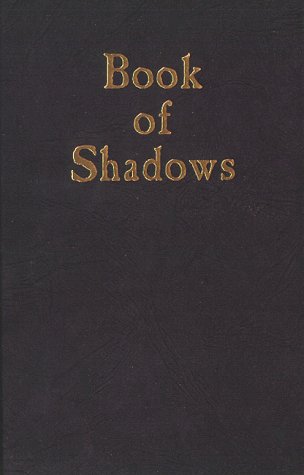Best books for an amateur writing fantasy / sci-fi
Discover the best books for amateur fantasy and sci-fi writers! Explore essential guides and must-reads to craft captivating worlds, compelling characters, and epic stories.

Book
How to Write a Damn Good Novel
by James N. Frey
Covers characterization, plot, theme, conflicts, climax and resolution, point of view, dialogue, revision, and manuscript submission.

Book
The 38 Most Common Fiction Writing Mistakes
by Jack Bickham
The 38 Most Common Fiction Writing Mistakes When you write fiction, you march onto a minefield. This book gives you a map. Oh, what tricky terrain you're traveling! You must reckon with: Character, Conflict, Point of View, Dialogue, Editors, Editors, and Editors, who--by returning stories they see as problem-plagued--can burst your hopes of publication. Where are the problems? Editors rarely take the time to map them out, so Jack Bickham has. In this book, he spotlights the 38 most common fiction writing land mines--writing mistakes that can turn even dynamite story ideas into slush pile rejects. And he guides you in overcoming them. In to-the-point style, he shows you how to: conquer procrastination--and put ink on paper regularly dump wimpy characters--and build characters ready to act look for trouble--and create conflicts for your characters cut coincidence--and put better-than-life logic into fiction escape the fog--and find and stick to your story's direction free feelings--and fire your fiction with passion and emotion In short, Bickham helps you take a giant step toward publication. Read this book. Strengthen your writing. And start setting off explosions where they belong: on the sales charts.
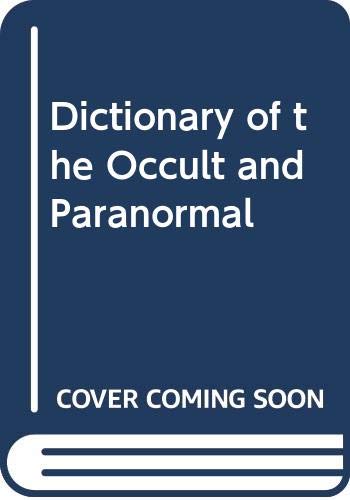

Book
The Writer's Complete Fantasy Reference
by Writers Digest
Do you know what a murder hole is? &break;Or why a chimera is three times worse than most monsters? &break;What would be better for storming castles, a trebuchet or a kopesh? &break;&break;To find the answers to these questions, you need this fascinating guide to transport yourself to fantasy's mysterious worlds. Featuring an introduction by mega-best-selling author Terry Brooks, the Writer's Complete Fantasy Reference reveals the facts behind the fantasy, giving you the details you need to make your fiction vibrant, captivating and original. &break;&break;From classic medieval witchcraft to ancient Mesoamerican civilizations, every chapter will spark your creativity. An invaluable resource, it will also help you fill your writing with inventive new ideas rooted in accurate descriptions of the world's most intriguing legends, folklore and mysticism. &break;&break;Take this guide, venture into the fantastic, and create magical realms alive with detail. Great stories await you!




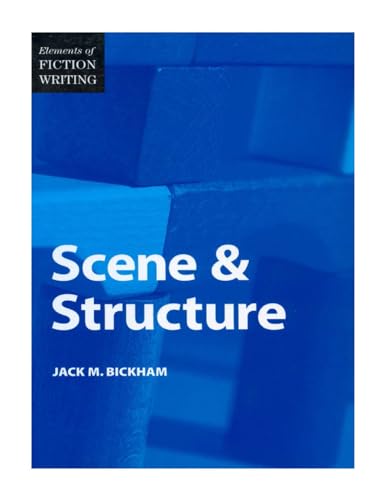

Book
Elements of Fiction Writing - Characters & Viewpoint
by Orson Scott Card
Vivid and memorable characters aren't born: they have to be made. &break;&break;This book is a set of tools: literary crowbars, chisels, mallets, pliers and tongs. Use them to pry, chip, yank and sift good characters out of the place where they live in your memory, your imagination and your soul. &break;&break;Award-winning author Orson Scott Card explains in depth the techniques of inventing, developing and presenting characters, plus handling viewpoint in novels and short stories. With specific examples, he spells out your narrative options–the choices you'll make in creating fictional people so "real" that readers will feel they know them like members of their own families. &break;&break;You'll learn how to: &break; draw the characters from a variety of sources, including a story's basic idea, real life–even a character's social circumstances&break; make characters show who they are by the things they do and say, and by their individual "style"&break; develop characters readers will love–or love to hate&break; distinguish among major characters, minor characters and walk-ons, and develop each one appropriately&break; choose the most effective viewpoint to reveal the characters and move the storytelling&break; decide how deeply you should explore your characters' thoughts, emotions and attitudes

Book
Elements of Fiction Writing - Description
by Monica Wood
Description is most powerful when it's visible, aural, tactile. Make your descriptions fresh and they'll move your story forward, imbue your work with atmosphere, create that tang of feeling that editors cry for and readers crave. Monica Wood helps you squeeze the greatest flavor from the language. She segments description like an orange, separating its slices to let you sample each one. You'll learn about: Detail, and how you can use description to awaken the reader's senses of touch, taste, hearing, smell and sight Plot, from advancing story using only relevant description—and how to edit out sluggish, reader-stopping writing Style, and the use of description to create a mood that matches your story's content Point of view, how selecting omniscient, first person or third person limited narrative influences the descriptive freedom you have Creating original word depictions of people, animals, places, weather and movement Wood teaches by example, developing stories with characters in various situations, to show you how you can apply description techniques. You'll also see samples of work by such noted writers as Mark Helprin, Anne Tyler and Raymond Carver. And you'll find the dos and don'ts, lists and descriptive alternatives to common verbs and nouns, and tips for editing your work.

Book
Elements of Fiction Writing - Plot
by Ansen Dibell
"There are ways to create, fix, steer and discover plots—ways which, over a writing life, you'd eventually puzzle out for yourself," writes Ansen Dibell. "They aren't laws. They're an array of choices, things to try, once you've put a name to the particular problem you're facing now." That's what this book is about: identifying those choices (whose viewpoint? stop and explain now, or wait? how can this lead to that?), then learning what narrative problems they are apt to create and how to choose an effective strategy for solving them. The result? Strong, solid stories and novels that move. Inside you'll discover how to: test a story idea (using four simple questions) to see if it works convince your reader that not only is something happening, but that something's going to happen and it all matters intensely handle viewpoint shifts, flashbacks, and other radical jumps in your storyline weave plots with subplots get ready for and write your Big Scenes balance scene and summary narration to produce good pacing handle the extremes of melodrama by "faking out" your readers—making them watch your right hand while your left hand is doing something sneaky form subtle patterns with mirror characters and echoing incidents choose the best type of ending—linear or circular, happy or downbeat, or (with caution!) a trick ending Whether your fiction is short or long, subtle or direct, you'll learn to build strong plots that drive compelling, unforgettable stories your readers will love.

Book
Elements of Fiction Writing - Beginnings, Middles & Ends
by Nancy Kress
Get your stories off to a roaring start. Keep them tight and crisp throughout. Conclude them with a wallop. Is the story or novel you've been carrying around in your head the same one you see on the page? Or does the dialogue suddenly sound flat and predictable? Do the events seem to ramble? Translating a flash of inspiration into a compelling story requires careful crafting. The words you choose, how you describe characters, and the way you orchestrate conflict all make the difference—the difference between a story that is slow to begin, flounders midway, or trails off at the end—and one that holds the interest of readers and editors to the final page. By demonstrating effective solutions for potential problems at each stage of your story, Nancy Kress will help you... hook the editor on the first three paragraphs make—and keep—your story's "implicit promise" build drama and credibility by controlling your prose Dozens of exercises help you strengthen your short story or novel. Plus, you'll sharpen skills and gain new insight into... the price a writer pays for flashbacks six ways characters should "reveal" themselves techniques for writing—and rewriting Let this working resource be your guide to successful stories—from beginning to end.
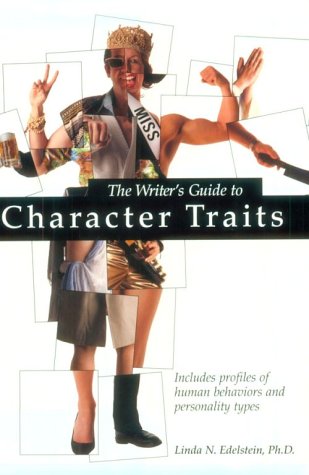


Book
How to Write Science Fiction & Fantasy
by Orson Scott Card
Learn to write science fiction and fantasy from a master You've always dreamed of writing science fiction and fantasy tales that pull readers into extraordinary new worlds and fantastic conflicts. Best-selling author Orson Scott Card shows you how it's done, distilling years of writing experience and publishing success into concise, no-nonsense advice. You'll learn how to: • utilize story elements that define the science fiction and fantasy genres • build, populate, and dramatize a credible, inviting world your readers will want to explore • develop the "rules" of time, space and magic that affect your world and its inhabitants • construct a compelling story by developing ideas, characters, and events that keep readers turning pages • find the markets for speculative fiction, reach them, and get published • submit queries, write cover letters, find an agent, and live the life of a writer The boundaries of your imagination are infinite. Explore them with Orson Scott Card and create fiction that casts a spell over agents, publishers, and readers from every world.

Book
How to Write Tales of Horror, Fantasy and Science Fiction
by J. N. Williamson
Twenty-six writers and editors discuss the fiction market, story ideas, plotting, setting, character, naming, suspense, research, avoiding cliches, stereotypes, literary agents, manuscript submission, and editing

Book
Life in a Medieval Castle
by Joseph Gies
Learn about the facts behind the myths of what castle life in the Middle Ages was all about.
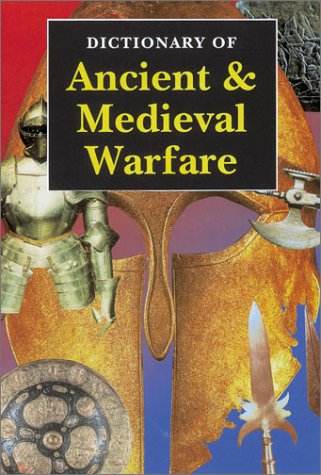

Book
Aliens and Alien Societies
by Stanley Schmidt
A thoughtful, clear and utterly fascinating reference, this book is absolutely vital to writers who want to put extraterrestrial life-forms in their novels and stories.

Book
World Building
by Stephen Gillett
With Stephen Gillett's help, you'll be on solid ground, no matter what kinds of worlds you create for your science fiction. World-Building explains science to help you make your fiction plausible. You'll give your worlds the pull of gravity, aware of the effects on inhabitants and the planets themselves. Mix elements and build planets with chemically credible, geologically accurate characteristics - and anomalies - that affect those who live there. Create planetary "engines," convincing atmospheres and fact-based weather patterns. Colonize a truly weird world: ancient Earth. Explore our neighboring planets and their satellites for SF possibilities. Light and heat your landscapes with the right types of stars. See how things might be on a "chloroxygen" world and other hypothetical places.
